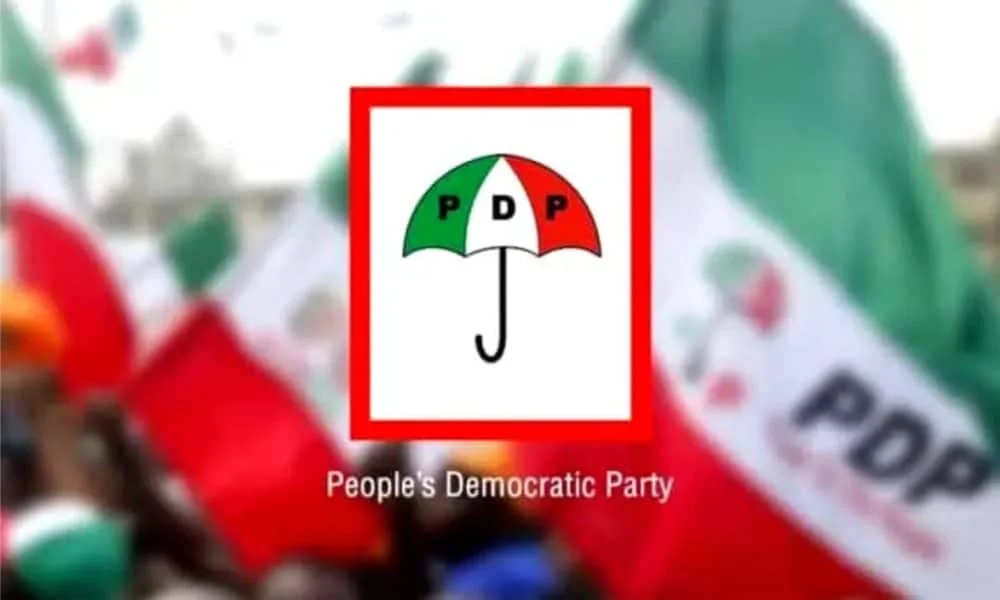The House of Representatives, on Tuesday, constituted a special Joint Investigative Committee of the Downstream and Midstream Petroleum Resources to immediately embark on a deep rooted forensic investigative hearing and stakeholders engagement towards finding a lasting solution to the issues and challenges affecting and deliberate killing of the Nigerian downstream and midstream petroleum sector.
The issues to be probed and looked into range from subsidy payments, PFI/depot sharp practices, non-availability of domestic crude supply to local refineries, killing of local refineries, fuel queues, high cost of PMS, source of funding of PMS subsidy, endless shifting of timelines for refinery rehabilitation, nefarious activities at the petrol depots, status of all downstream pipelines and depot projects, indiscriminate issuance of licenses, OVH and NNPCL Retail product anomalies and lack of product to marketers, use of middle men in crude sales to refinery, non-domestication of profit from sale of crude oil by IOCs, among others.
The House unanimously mandated Ideato Representative, Hon. Ikenga Imo Ugochinyere, who doubles as the Chairman of House Committee on Petroleum Downstream Sector to lead the joint investigative committee of the downstream and midstream petroleum resources committee to unearth all the anomalies militating against the Downstream Midstream Sector.
The resolution followed the adption of a motion on matter of urgent importance, which was sponsored by Hon. Billy Osawaru, and Hon. Philip Agbese, who is the Deputy Spokesman of the House of Representatives.
Moving the motion, Osawaru noted that the National Assembly is saddled with the task of making laws for the peace, order and good governance of the Federation or any part thereof as enshrined in Section 4(2) of the Constitution of the Federal Republic of Nigeria, 1999 (As Amended).
He said the House was aware that in recent times there has been a resurgence of fuel queues in petrol stations, with allegations of high cost of PMS and non-availability of fuel stock for downstream domestic refineries in Nigeria and disruption of distribution of PMS products.
He expressed concerns about the failure of the regulators such as NMDPRA, NUPRC, etc to enforce compliance with standards that will help achieve the growth of downstream sector and the lack of support to local crude refiners, issuance of import licence despite local production
He said, “informed that there is also allegation of unfair subsidization of PMS and other petroleum products which negatively affects competitiveness in the sector. There are also allegations of racketeering and favouritism in the Pro Forma Invoice System (PFI) regime, indiscriminate issuance of licenses and importation of refined petroleum products.
“Further Informed of the alleged return of PMS price intervention with its impact on domestic market, there is also the allegation of product unavailability to marketers from NNPC Retail. Endless shifting of timelines for refinery rehabilitation, the nefarious activities at petrol depot which have affected product distribution and caused scarcity. There is also the use of middlemen in trading and has negatively affected domestic crude supply.
“Disturbed about the indiscriminate issuance of licenses, the unavailability of laboratories to check adulterated products and the influx of adulterated products into the country, allegation of non domestication of profits realized from crude marketing sales in local banks, abuse of the PFI regime, importation of products already being produced in Nigeria like jet fuel, AGO, etc, use of international trading companies to resell fuel stock to local refineries, and all issues surrounding subsidy regime.
“Also disturbed about the allegation of the return of subsidy on downstream PMS products, unclarity about the exact landing cost of PMS, reduction in retail price and its impact on downstream operations, allegation of importation of substandard products and high-sulphur diesel into Nigeria, sale of petroleum products below fair market value and its impact on downstream and local refineries and as the source of funds for such interventions.”

 4 months ago
31
4 months ago
31















 English (US) ·
English (US) ·